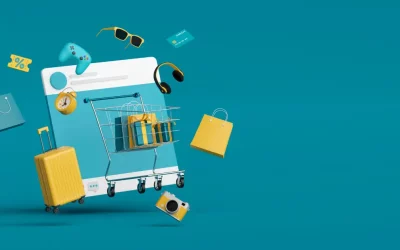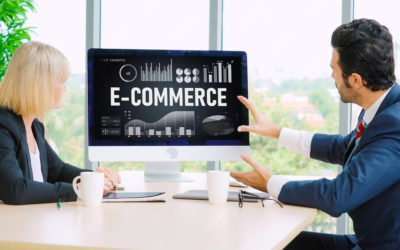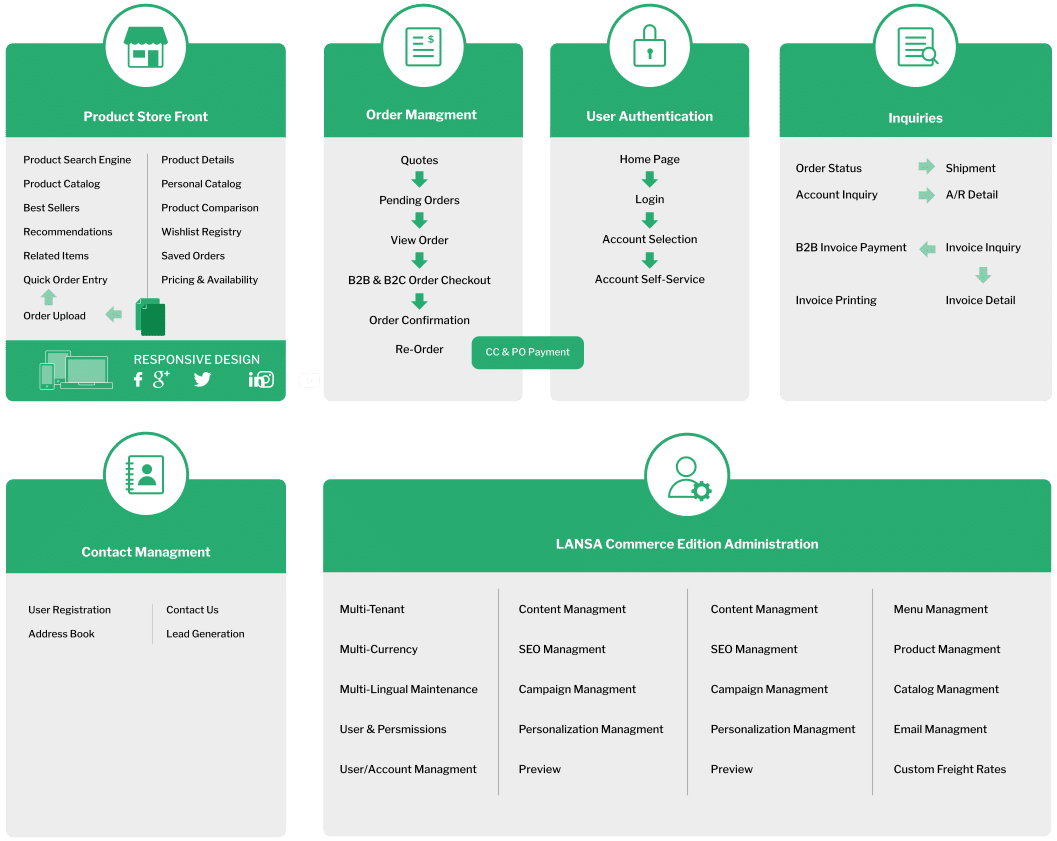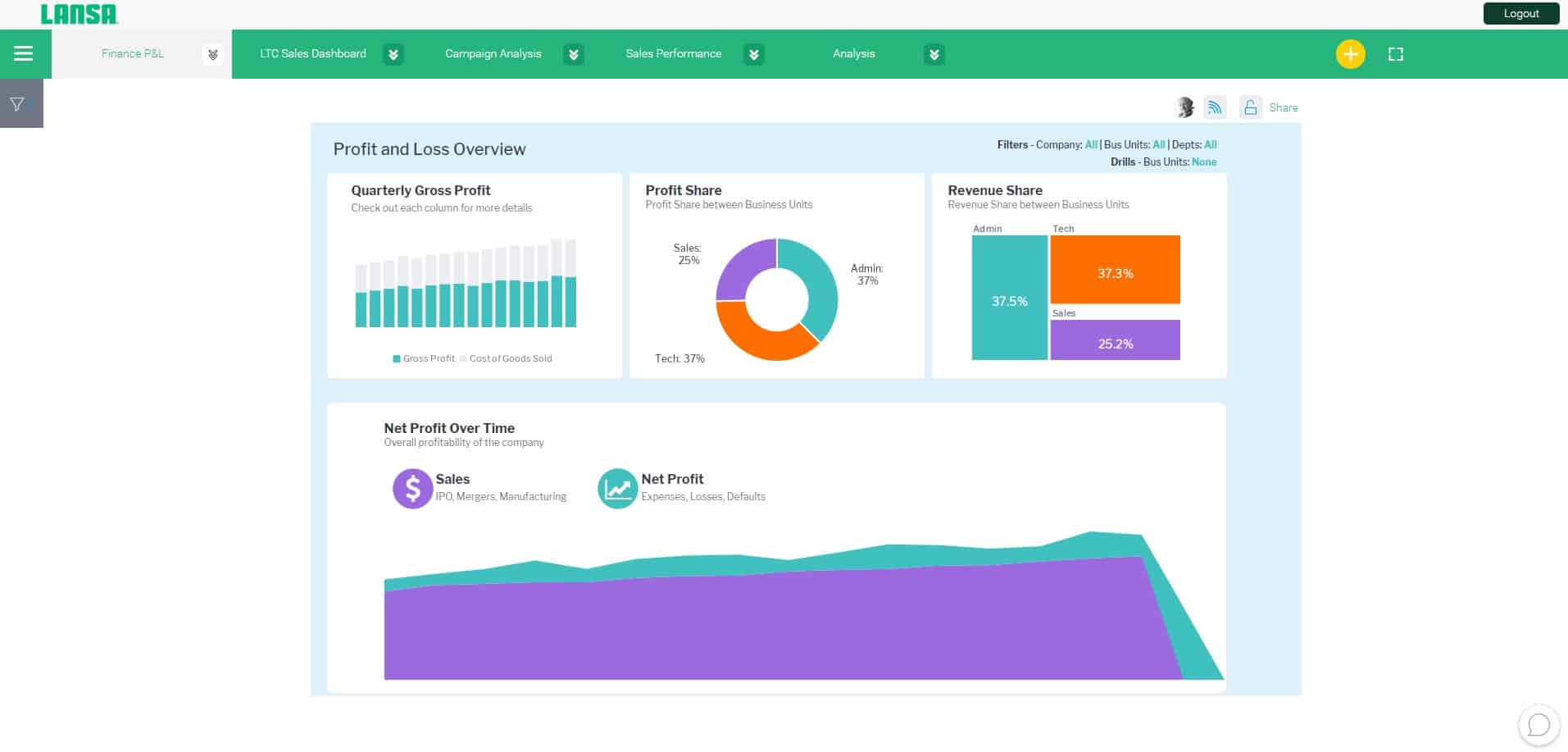Wholesale B2B eCommerce is undergoing a rapid transformation, reshaping how businesses conduct transactions and manage their supply chains. As digital wholesale eCommerce platforms become more sophisticated, wholesalers have unprecedented opportunities to streamline operations, expand their reach, and boost profitability. This article examines the intricacies of B2B wholesale eCommerce, exploring its various types and benefits as well as the considerations for choosing the right platform.
Key Insights
- Market momentum: The global B2B eCommerce market, valued at approximately $26 trillion in 2023, is on an upward trajectory, with a projected CAGR of 18.2% from 2024 to 2030. This growth highlights the need for eCommerce wholesalers to adopt a digital strategy.
- Digital dominance: With nearly 75% of B2B buyers and sellers preferring online shopping to traditional sales processes, digital platforms are becoming the preferred avenue for transactions.
- Efficiency and expansion: B2B eCommerce for wholesale not only streamlines buying but also opens doors to global markets, offering wholesalers a pathway to scale operations.
- LANSA Commerce Edition: With its ability to connect with any ERP system and provide a customizable, secure online storefront, LANSA Commerce Edition is the cornerstone for wholesalers aiming to transition into the digital commerce arena.
What Is Wholesale eCommerce, and How Does It Work?
Wholesale eCommerce is the digital transformation of traditional wholesale operations. Instead of relying solely on physical trade shows, catalogs, and phone calls, businesses conduct transactions online.
Wholesalers have established B2B eCommerce platforms where retailers and other businesses can browse products, place orders, and manage accounts electronically. This streamlines the buying process, reduces friction, and fosters stronger relationships between wholesalers and their clients.
Wholesale Trends and Statistics
The landscape of wholesale eCommerce is rapidly evolving, driven by digital transformation and changing buyer behaviors. With a staggering market value of $26.163 trillion in 2023, the sector is projected to grow to $56.921 trillion by 2028. This growth signifies the increasing importance of wholesale B2B eCommerce platforms and facilitating efficient, large-scale transactions.
Retail vs. Wholesale B2B eCommerce: 5 Key Differences
While both wholesale and retail businesses utilize eCommerce platforms, their core functionalities cater to different customer segments. Here is a breakdown of five key differences to consider.
Order Volume & Frequency
In wholesale eCommerce, orders are typically larger and less frequent, and they often involve bulk purchases for further distribution or resale. Conversely, retail eCommerce usually sees smaller, more frequent orders, reflecting the direct-to-consumer sales approach.
Customer Base
The customer base for wholesale eCommerce is generally other businesses or resellers. This contrasts with retail eCommerce, which often targets individual consumers or end users. This distinction affects marketing strategies and customer engagement practices.
Pricing Structure
B2B eCommerce wholesale pricing structures are complex. They are often tiered based on order volume or long-term contracts, providing room for negotiation. Retail eCommerce pricing tends to be fixed, with discounts offered through promotions or loyalty programs.
Product Customization
Customization is more prevalent in wholesale eCommerce, where products might be tailored to meet the specific needs of a business customer. In retail eCommerce, products are usually standardized for the mass market.
Relationship Management
Relationships in wholesale eCommerce are long-term and built on trust and reliability, with a focus on customer service and personal interaction. Retail eCommerce relationships may be more transactional, with an emphasis on user experience and convenience.
3 Types of B2B Wholesalers
The world of wholesale eCommerce encompasses a diverse range of players. Here are three prominent types of wholesalers:
Merchant Wholesalers
These businesses are the backbone of wholesale eCommerce. They purchase products in bulk from manufacturers or distributors and then resell them to retailers or other businesses at markup. Merchant wholesalers typically maintain warehouses and manage their own inventory, ensuring they have the product buyers need on hand.
Agents, Brokers, and Commission Merchants
Unlike merchant wholesalers, these entities do not take ownership of the products they sell. They act as intermediaries, connecting buyers and sellers and earning commissions on transactions facilitated. In the realm of wholesale eCommerce, these brokers can be a valuable resource for businesses seeking specific products or navigating a complex marketplace.
Manufacturers’ Sales Branches and Offices
These are in-house B2B wholesale operations established by manufacturers to directly sell their products to retailers, distributors, or other businesses. This approach allows manufacturers to exert greater control over brand messaging and product presentation within the wholesale eCommerce landscape.
7 Ways B2B eCommerce Helps Wholesalers
The transition to wholesale B2B eCommerce unlocks many benefits for wholesalers. Here are some compelling reasons to embrace this digital transformation:
Improved Buyer Experience
In today’s world, B2B buyers expect a seamless and convenient purchasing experience. Wholesale eCommerce platforms deliver exactly that. Buyers can browse product catalogs 24/7, access real-time inventory levels, and submit orders electronically, eliminating the need for time-consuming phone calls or emails. Wholesale eCommerce features like self-service options for order tracking and account management empower buyers and foster greater satisfaction.
Process Automation
Manual order processing and data entry are relics of the past. B2B wholesale eCommerce automates repetitive tasks, freeing up valuable time and resources for wholesalers. This allows them to focus on strategic initiatives and build stronger customer relationships.
Simplified Buying Process
Wholesale eCommerce platforms simplify the buying process for both wholesalers and their clients. Intuitive user interfaces and features like quick reordering functions and bulk order capabilities make it easier for buyers to find products they need and complete transactions efficiently. This leads to increased customer satisfaction, reduced cart abandonment rates, and higher sales for wholesalers.
Increased Sales and Lower Spend
By offering a 24/7 online storefront and eliminating geographical limitations, wholesale eCommerce broadens a wholesaler’s reach and expands their potential customer base. This can lead to significant sales growth. Additionally, automation reduces labor costs associated with manual processes, and streamlined operations minimize administrative expenses. The combined effect is a boost to a wholesaler’s bottom line.
Innovation Through BI
Wholesale B2B eCommerce platforms generate valuable data on customer behavior, buying patterns, and sales trends. This data can be harnessed through business intelligence (BI) tools to gain actionable insights. Wholesalers can use this information to optimize product offerings, identify new market opportunities, and make data-driven decisions that fuel business growth.
Market Expansion
The beauty of eCommerce in wholesale is its ability to transcend geographical limitations. Wholesalers can expand their reach beyond traditional markets and connect with new customers across the globe. This opens doors to exciting growth opportunities.
Scalability
As your business grows, your B2B eCommerce platform should seamlessly scale with you. LANSA Commerce Edition, for example, is designed to accommodate the evolving needs of wholesalers. It offers a robust and scalable solution that can handle increasing order volumes and customer traffic.
Choosing a Wholesale eCommerce Platform: 7 Considerations
Selecting the right wholesale B2B eCommerce platform is crucial for your business’s success. Here are some factors to consider when making your decision:
Budget
Wholesale eCommerce platforms come with varying pricing structures. Consider your budget upfront and choose a platform that aligns with your financial resources. Some platforms offer tiered pricing models based on features or transaction volume, while others charge a flat monthly fee. Be sure to factor in additional costs like ongoing maintenance, development fees, and any third-party integrations you may require.
Integrations and Flexible APIs
A seamless integration capability is essential for a successful wholesale eCommerce platform. The platform should integrate effortlessly with your existing software, CRM system, and warehouse management system (WMS) to ensure smooth data flow and eliminate the need for manual data entry. Additionally, flexible APIs (application programming interfaces) allow for customization and integration with other business-critical tools, enabling you to tailor the platform to your specific needs.
SEO & Content Marketing Optimization
Search engine visibility is important for attracting new customers in the digital landscape. Choose a platform that offers built-in SEO (search engine optimization) tools to optimize your product listings and website content for relevant search terms. Wholesale eCommerce platform features like a content management system (CMS) and easy-to-use product upload processes empower you to create compelling product descriptions and rich content that resonate with your target audience.
Catalog Browsing and Search Functionality
A user-friendly product catalog is the foundation of any successful wholesale eCommerce platform. The platform should offer intuitive product browsing features like clear categorization, high-quality product images, and detailed descriptions. It should also have a robust search functionality with filters and sorting options to allow buyers to quickly and efficiently find the products they need.
Customer Experience
Look for a wholesale eCommerce platform that offers features designed to streamline the buying journey for your clients. This includes functionalities like self-service account management, real-time order tracking, and secure online payment options. You should also consider features like a built-in communication system to facilitate easy correspondence with your buyers and address their inquiries promptly.
Payment Versatility
To cater to the diverse needs of your B2B clientele, your wholesale eCommerce platform should support popular payment methods like credit cards, ACH transfers, and potentially net terms for established customers. Recurring payment options for subscription-based models or volume discounts to incentivize bulk purchases are other features you should look for if they fit your business model.
Omnichannel Inventory Management
Managing inventory across multiple sales channels is an important part of a wholesale eCommerce platform. Your chosen platform should offer robust inventory management features that provide real-time stock visibility across all channels, including your physical store and any online marketplaces you might use. This ensures you avoid overselling and eliminates fulfillment issues, leading to a smoother customer experience.
How Can LANSA Commerce Edition Support B2B Wholesale eCommerce Goals?
LANSA Commerce Edition empowers wholesalers with a comprehensive B2B eCommerce solution to sign for their needs. Here is how:
- Streamlined operations: LANSA’s wholesale eCommerce solution integrates seamlessly with your existing ERP system, eliminating the need for duplicate data entry and manual steps. This will make order fulfillment faster, reduce errors, and improve efficiency.
- Enhanced customer experience: The wholesale eCommerce platform provides features like user-friendly product catalogs, full-featured search functionalities, and self-service options for account management. This gives your B2B buyers a convenient and efficient buying experience.
- Scalability and growth: LANSA Commerce Edition is built to scale, accommodating your growing business needs. Whether you experience an increase in customer base, product offerings, or transaction volume, the platform can adapt and evolve alongside your business.
- Security and compliance: LANSA’s wholesale eCommerce solution prioritizes data security. With a multi-tiered security model and compliance with PCI DSS standards, you can be confident that your B2B eCommerce transactions are safe and secure.
Learn more about how LANSA Commerce Edition can support your wholesale B2B eCommerce goals by viewing our webinar, Building Scalable eCommerce Solutions Fast, or find out how LANSA Commerce Edition helped Nobilis Expand its internet B2B services.
To Sum Up
The world of wholesale is undergoing a digital revolution, and wholesale eCommerce is one of the forces driving this change. By embracing this transformation, wholesalers can uncover a multitude of benefits, from streamlined operations and improved customer experience to increased sales and expanded market reach.
LANSA Commerce Edition is a robust and scalable B2B eCommerce platform designed specifically to empower wholesalers. With its user-friendly features, seamless integrations, and focus on data-driven insights, LANSA Commerce Edition can equip you with the tools you need to thrive in the digital age.








0 Comments